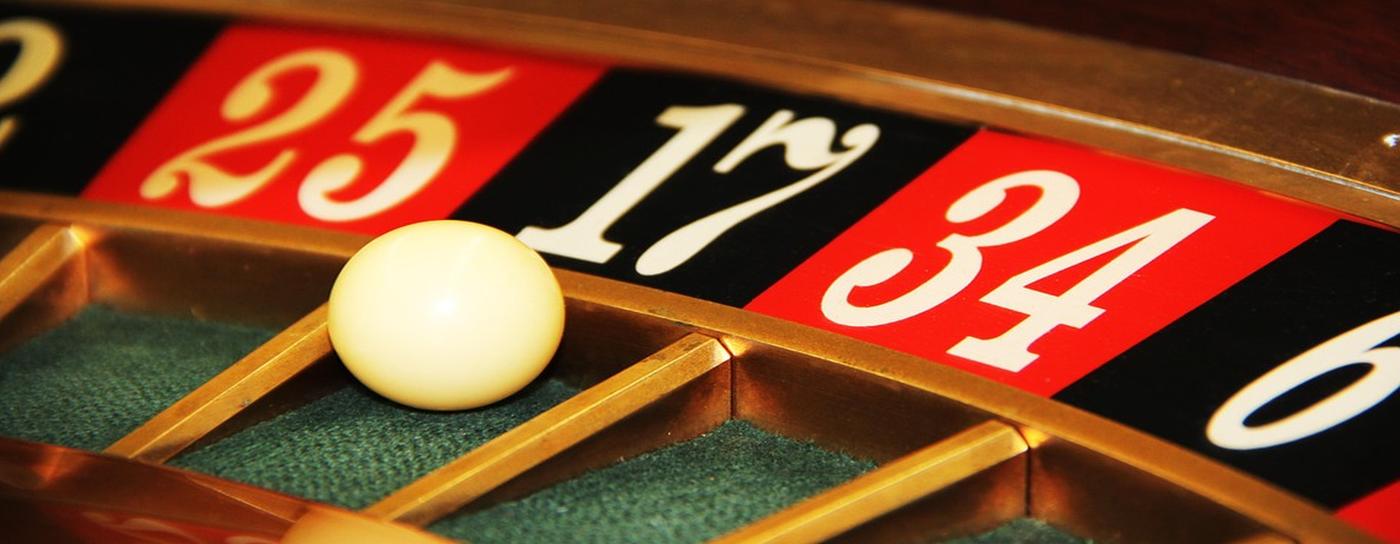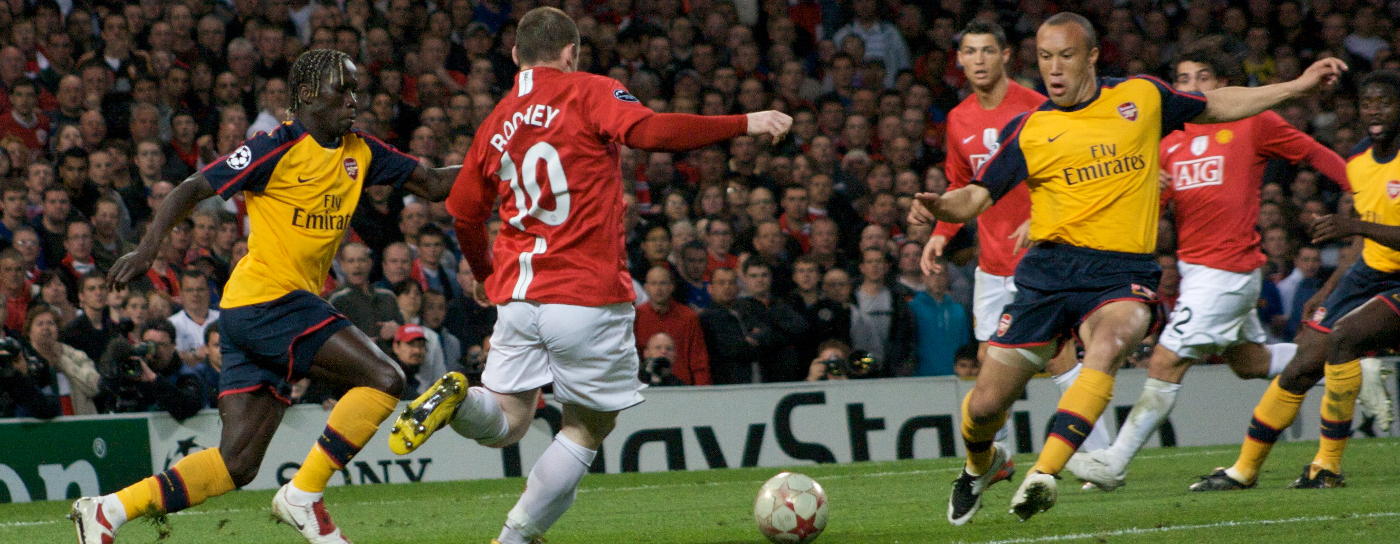This was the second meeting that ‘Justice for Punters’ (J4P) has had with Sarah Harrison (CEO) and senior colleagues at the ‘Gambling Commission’ (GC) head office in Birmingham.
Like the first meeting this one lasted for 90 minutes; covering a wide range of topics about the present gambling market.
The representatives from J4P were of ‘one voice’ when we met for a beer or two after the meeting: “Progress and potentially very significant progress during late 2017 and 2018.” We may be wrong, but we hopefully aren’t fools and what we discussed gave us the distinct impression that the GC really do want to make the gambling market ‘fair and open’ and improve the rights of the customer, bettor, punter, gambler; whatever term you prefer.
There has been a lot of background work going on for the last 12 months much of which J4P has contributed to, primarily using cases that we have helped with, so we could not have done what we have without all of you who have got in touch with us. For those of you that received deposits and winnings that were being withheld unfairly after our help (circa 270K); great. For those that didn’t or if your case is still continuing we hope to do better, but more than anything we do hope our evidenced based campaigning work does make the future fairer for those who love a bet.
Meeting agenda item 1. “Progress updates”:
- GC approach to communicating with consumers (see Agenda item 3 it was merged)
- Competition and Markets Authority investigation into unfair terms and conditions being used by online gambling companies
- Data protection issues and the Information Commissioner’s Office
Competition and Markets Authority (CMA) investigation into unfair terms and conditions being used by online gambling companies
As mentioned in the report about our first meeting, the GC and to be fair J4P is placing great emphasis on this investigation. Unlike some other matters J4P reported that it is happy with progress. J4P was promised and has been allowed to make numerous evidence based submissions towards this investigation primarily in the form of customer dispute cases and we have also submitted a report. We have been kept up to date with progress, the latest information being that an interim report should be made public within the next 2-4 weeks.
We discussed the need for gambling customers to keep in mind that this investigation will be on-going as consumer contracts by their very nature are dynamic. Customers also need to keep in mind, that despite the claims of the ‘Remote Gambling Association’ that there isn’t much wrong, everyone now knows that the truth is far from this statement. Online terms and conditions (T&Cs) are a mess and there isn’t a gambling contract between any customer or any bookmaker that isn’t full of holes. This is not just confirmed by J4P, the CMA or the GC, the main confirmation is how gambling companies avoid going to court over gambling disputes, like it is some desperate life threatening disease.
It was made clear by the GC that it’s too early to know what the initial major outcomes will be, but it is certain things will be better for the consumer.
Data protection issues and the Information Commissioner’s Office (ICO)
J4P made it abundantly clear that we are not happy with the progress in this area. In fact, has there been any progress at all despite the ICO finding for two customers against two different gambling companies for infringing the Data Protection Act (1998)? J4P’s view is that the ICO are letting companies get away with doing nothing and, at best, update T&Cs that still tell the customer nothing about how customers are profiled both legally and in ways that infringe the Data Protection Act (DPA). J4P has asked the GC to pass on our views to the ICO immediately, whilst asking for an update on what the future may hold.
Further discussion covered one thing the future certainly holds, which are new EU privacy laws from May 2018. In theory and hopefully in practice these new laws will mean that companies will be in serious trouble if they don’t explain precisely how they are using cookies and other forms of online tracking, e.g. fines into the 10s of millions. The present proposed wording, even includes a statement that customer profiling will be illegal. This was discussed and differing views expressed. J4P is very positive about banning customer profiling, but the GC could not be as positive due to their worries about companies potentially claiming they won’t be able to identify ‘problem gamblers’ anymore. This worry already applies though, because the industry is not identifying most problem gamblers and thus not taking action at present. Of course, whatever the directive dictates every company will still be aware of those customers who are losing a great deal, so they will not lose their ability to follow customers up and provide sensible advice; maybe even regularly ban people from gambling for life as per all customers who win.
Meeting agenda item 2. “J4P – key areas of concern”
A very difficult job, but J4P managed to narrow things down to four main areas:
1. Identity abuse of customers
The only phrase to explain this situation is; what a nightmare. J4P presented a number of cases to highlight how gambling companies have taken sensible directives on social responsibility and turned them into methods for financial gain.
One case featured involved the withholding of well under £100 where a company was claiming money laundering as a possible reason for not paying out, thus the company must demand intrusive privacy documentation before releasing the funds. Now forgive us for the laughter at this point, but J4P suspected that the customer concerned is not a major gangster. Conversely, another case was cited, where a customer lost nearly 30K in less than one month. The customer had deposited and withdrawn thousands on a number of occasions and the only correspondence from the company was not to ask for further ID, but to invite the customer to be a VIP customer. You could not make this comparison up; it can only be true and it is.
J4P has asked previously and now asked again for a review of the present customer identification system. J4P senses our request will be fulfilled this time. The present system and the flexibility it allows for company interpretation cannot continue, which is a pity as the objectives are fine, but with freedom comes responsibility and many companies are not coming up to the mark, so change is inevitable.
2. Customer ‘spying’
This has already been covered, but we did add to it, by outlining how some of our contacts who have become ‘active friends’ of J4P (we need more) have used data protection laws and subject access requests to make companies reveal how they have used online tracking to collect data in ways that infringe data protection laws. This means we were able to provide evidence to the GC that what we are claiming about Iovation (‘iesnare’) usage is true.
The most disappointing aspect of the work by these ‘active friends’ is how every company has had to be dragged screaming into doing the decent thing. Why can’t gambling companies just admit; you’ve caught us, so let’s move on and discuss how we can make industry practices fairer?
Finally, on this issue, we did not discuss, but did provide pictorial evidence of illegal use of CCTV in betting shops, as part of J4Ps information pack for the meeting.
3. No ‘right to bet’
Again we may be wrong, but we did sense that the GC does now see this as a major consumer issue? It’s no longer just about professional gamblers who can’t bet (most of them can anyway, but it costs them a commission or an up-front payment of some sort); it is about the influence no ‘right to bet’ has on a lot of the other things that were discussed at the meeting, e.g. identity abuse and unfair T&Cs that are used for promotions, etc.
We touched on; do online gambling companies know who their customers are any longer? Mainly yes, but ‘no’ is becoming a much greater problem. Are promotions driving matched betting and uneconomic sports markets where all customers that apply logic have to be banned? Of course, this is the case, so let’s put it on the table and discuss it in more detail at future meetings. Promotions cause problems in an already competitive market, thus just become ways to recruit and ‘churn’ a certain type of customer whilst discriminating against others.
J4P provided case examples and very importantly a 3000 word report before the meeting entitled ‘Why the challenges of the modern gambling market mean it is not ‘fair and open’ (see: https://justiceforpunters.org/complaining/why-the-challenges-of-the-modern-gambling-market-mean-it-is-not-fair-and-open/).
Participants went on to discuss Australia and how some of their state governments are approaching both inducements to gamble (promotions) and minimum liability (bet) laws. There is no question that these Australian initiatives are seeing bookmakers return to their ‘proper job’ of providing sports markets that mean most bookmakers win, but with an acceptance that this involves some risk, e.g. may be 1-2% of customers might win. How many gambling companies have pulled out of sports betting, specifically horse racing, since the new Australian state laws were implemented? The answer is none, in fact some are doing far more than what is dictated. There is a message there for government and regulators in the UK and Ireland.
4. Problem gambling
As mentioned in our first meeting report J4P doesn’t consider this to be our skill; it is for the ‘experts’, but J4P are finding it’s impossible to avoid. J4P explained that our experience is that the way companies identify people is not working, so please insist on more extensive use of technology that already exists.
In the case of people returning to gamble after self-exclusion, J4P’s experience would suggest it is another case of companies doing differing things. Some are ethical and seem to be identifying people quickly and returning deposits. Others companies appear to be rather slower at identifying people and do not return deposits. The worst group are those companies that appear only to identify self-excluded people if they try to withdraw winnings. By definition J4P knows nothing of those who are allowed to gamble again, then lose and keep quiet. These scenarios mean it is another case of flexible well-meaning guidelines being exploited by some companies for commercial gain.
Meeting agenda item 3. “GC – complaints review update”
- Recap on the findings of the GC’s alternative dispute resolution report
- Improving communication with consumers
Recap on the findings of the GC’s alternative dispute resolution (ADR) report
All participants had read the report, which was damning of the present system, so the meeting quickly moved on to; what can be done? A very interesting discussion followed.
J4P pointed out that speed of dispute settlement and improved company customer services were their priorities. The primary objective must be to reduce the number of cases going to ADR, small claims and wherever possible a settlement of disputes within a few days. Outside influences will have an effect, e.g. the CMA investigation outcomes; but without question improved customer service is the key.
J4P thinks, and we felt the GC agreed, that preference is for the gambling companies to complete the customer service improvements themselves, but both parties recognised that it is important to have new procedures in place to help the consumer if this does not occur. This discussion included having specially trained team members at the GC as part of their helpline service and easy availability of advisory leaflets for consumers in order to ensure statements from customer service staff like, “Those are our T&Cs, you signed up to them, therefore you have to adhere to them” would become a thing of the past, because the customer would be more informed about their consumer rights.
We did not get this far in the meeting, but J4P would prefer a helpline system similar to what other industries have, e.g. if the customer cannot settle things quickly directly with a company, the customer can ring or use ‘live chat’ to obtain independent advice, including written information on how to progress. This would not be legal advice, as the primary aim would be to avoid arbitration or a legal process through early intervention. Both companies and customers would soon respect a fair, independent advisory system, thus positive change would happen. As mentioned J4P would see the GC as doing this rather than contract it out as per the ADR system.
Improving communication with consumers
J4P felt that the GC is taking this seriously and we have been asked for ideas. If the GC is to reach most customers, it is a massive task. It needs to be recognised that most customers, especially those betting on-course at horse race meetings and in-shop are happy with the service they receive. As an example the vast majority of betting disputes on-course are settled within one hour; if only that were the case online!
It is the beginning of a difficult journey, but it is one J4P supports whole-heartedly and we welcome any ideas anyone has; they will be passed on. A more educated customer base can only lead to positive change.
Finally, we would like to thank the GC staff for their time.
Important editor’s notes:
- You can read our report on ‘Why the challenges of the modern gambling market mean it is not ‘fair and open’ here: https://justiceforpunters.org/complaining/why-the-challenges-of-the-modern-gambling-market-mean-it-is-not-fair-and-open/
- You may wish to download the ‘Justice for Punters’ advisory leaflet on the CMA investigation. See: https://justiceforpunters.org/competition-markets-authority-investigation-online-gambling-companies/
- You may wish to email info@justiceforpunters.org outlining any ideas you have about any of the issues covered in the meeting.
- ‘Justice for Punters’ has no funding except that provided by its founder whose only previous connection with the gambling market, until two years ago, was as a ‘fun’ punter. The people who attended the meeting on behalf of J4P took a day out of their working week to be there without pay and did not receive expenses of any type.









